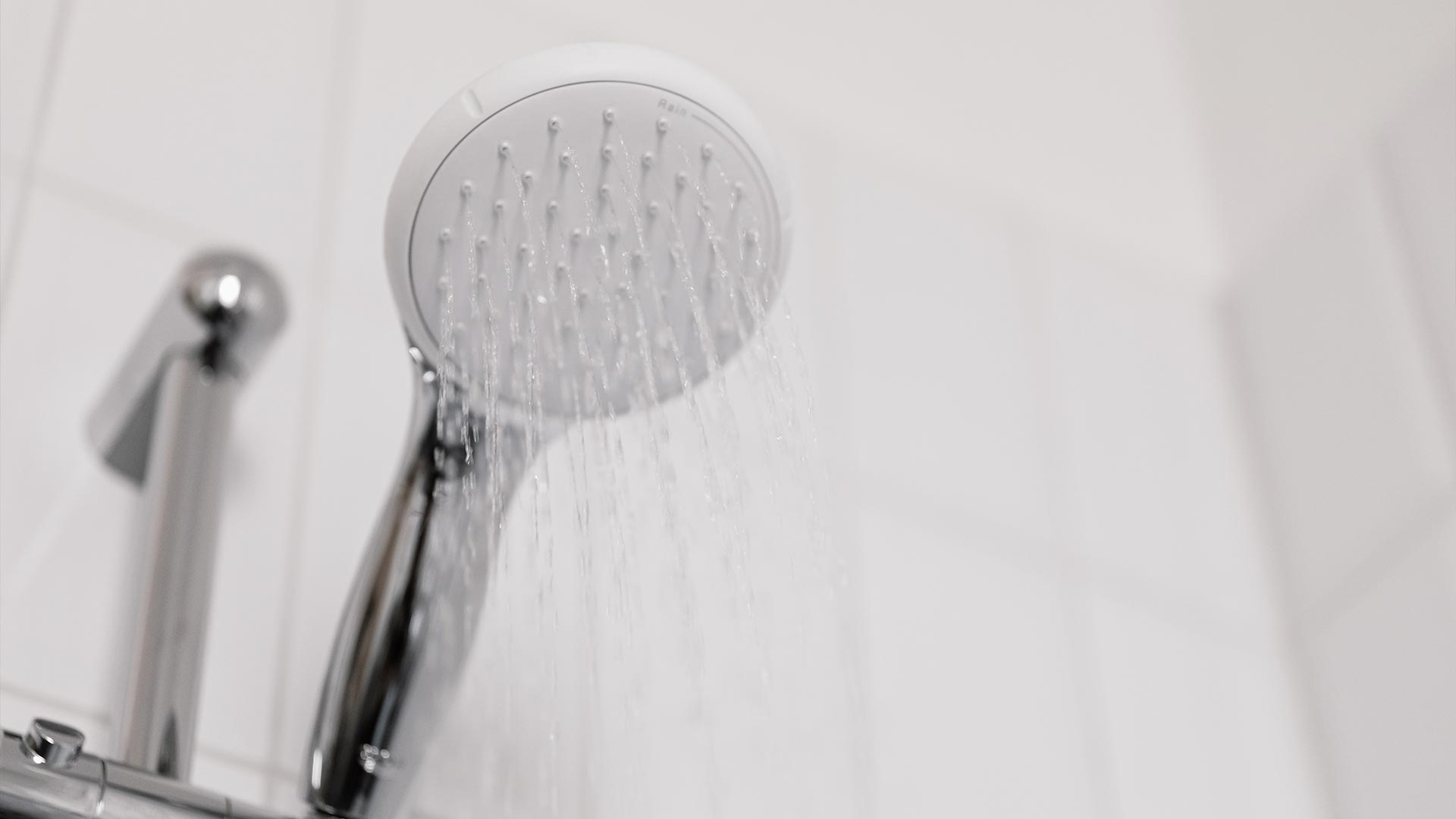It’s well-known that showers are necessary for staying clean, but they also have some powerful psychological benefits like decreasing anxiety and depression, relieving stress, boosting self-confidence, increasing energy, and fighting insomnia.
Decreases anxiety and depression
Showers—whether cold or hot —can decrease anxiety and depression.
Taking a warm shower relaxes your muscles and reduces tension. On the other hand, cold showers help with hormone regulation, improve circulation, and facilitate the release of beta-endorphins—endorphins that improve overall mood.
Relieves stress
A hot shower can soothe the physical effects of stress on the body by relaxing your nerves, reducing muscle tension, and decreasing levels of cortisol, the stress hormone.
Increases self-esteem
Keeping up with your hygiene and appearance increases self-esteem, and feeling good about yourself increases hormones that improve your mood, like norepinephrine and serotonin.
Gives you an energy boost
You may associate a cup of coffee with your morning energy boost, but there are other options that achieve the same feeling, like a cold shower.
Cold water is a shock to the body that activates the sympathetic nervous system and releases noradrenaline, which increases energy and alertness. Additionally, by lowering your body temperature, cold showers lower melatonin levels and leave you ready for the day ahead.
Fights insomnia
If you shower every night, it becomes a signal to your brain that it’s the end of the day and time to wind down. Studies have shown that evening baths or showers in hot water help people fall asleep quicker. Warm baths or showers also improve sleep quality.
While there are things you can do to care for yourself physically and mentally, more help is often necessary. Consider individual counseling with a therapist at Valley Oaks Health if you’re looking for more strategies to improve your mental health.






